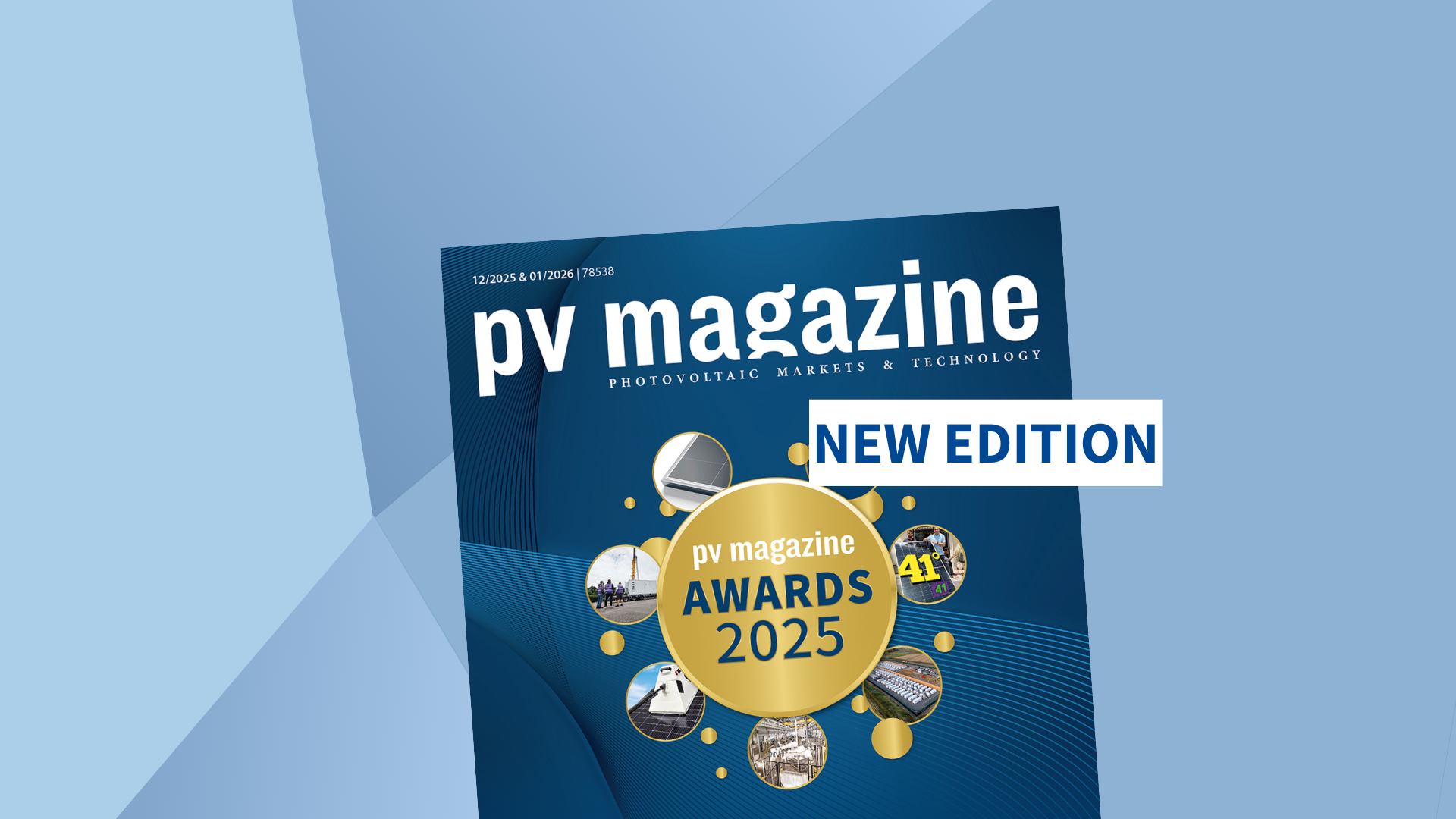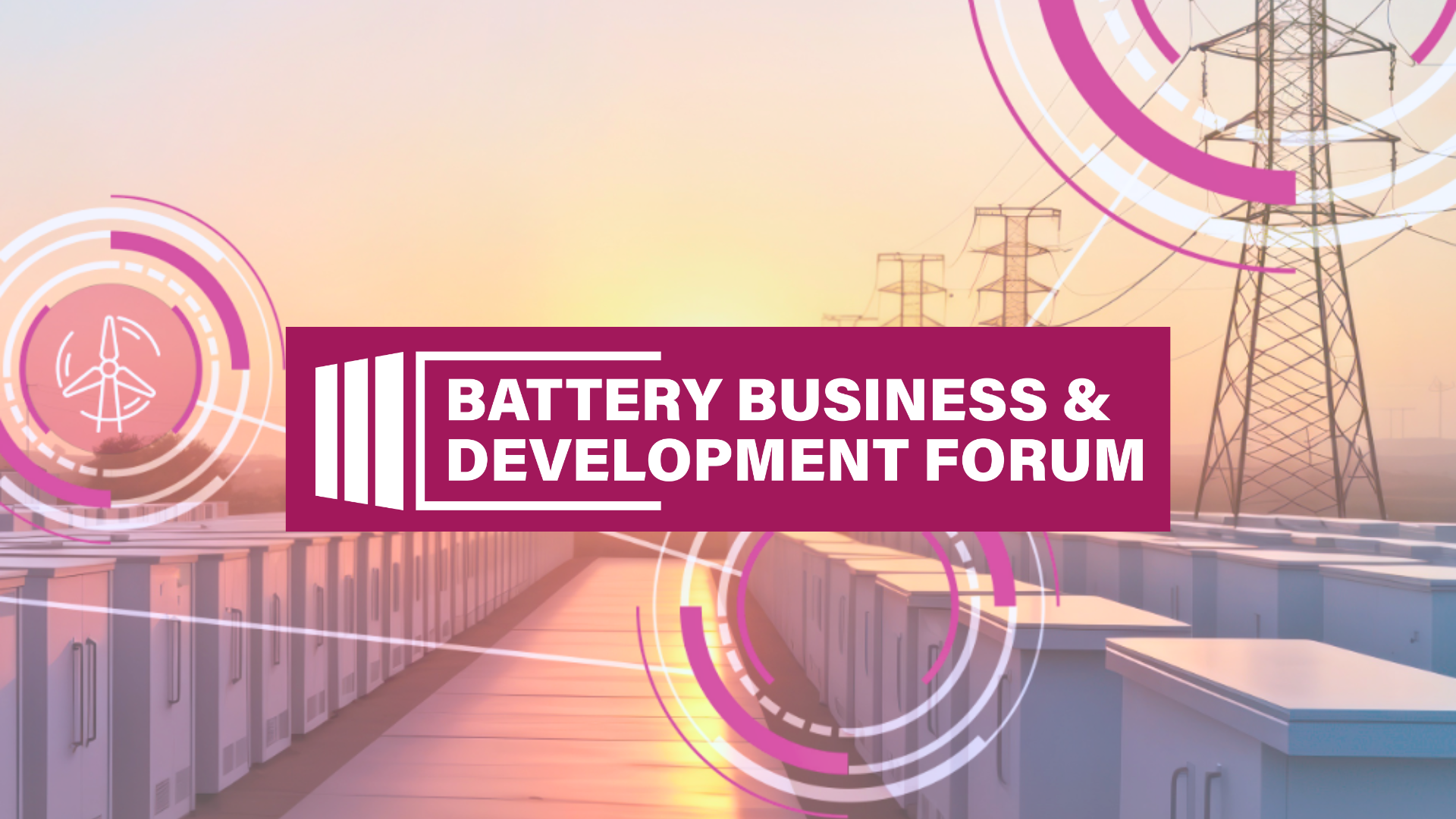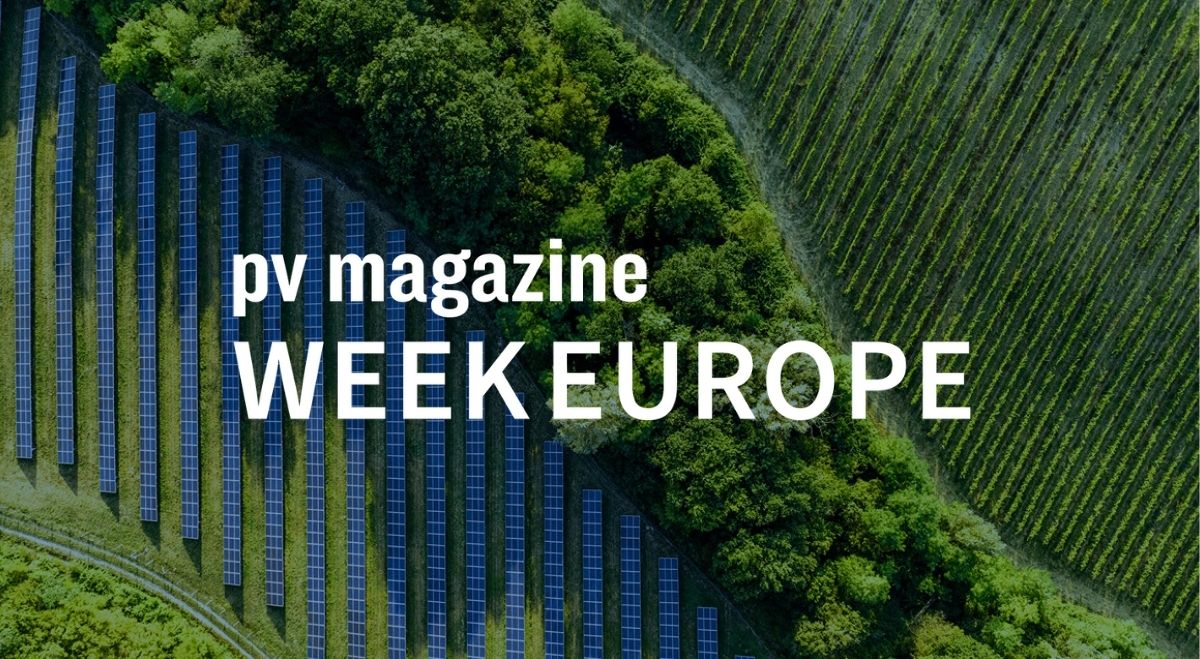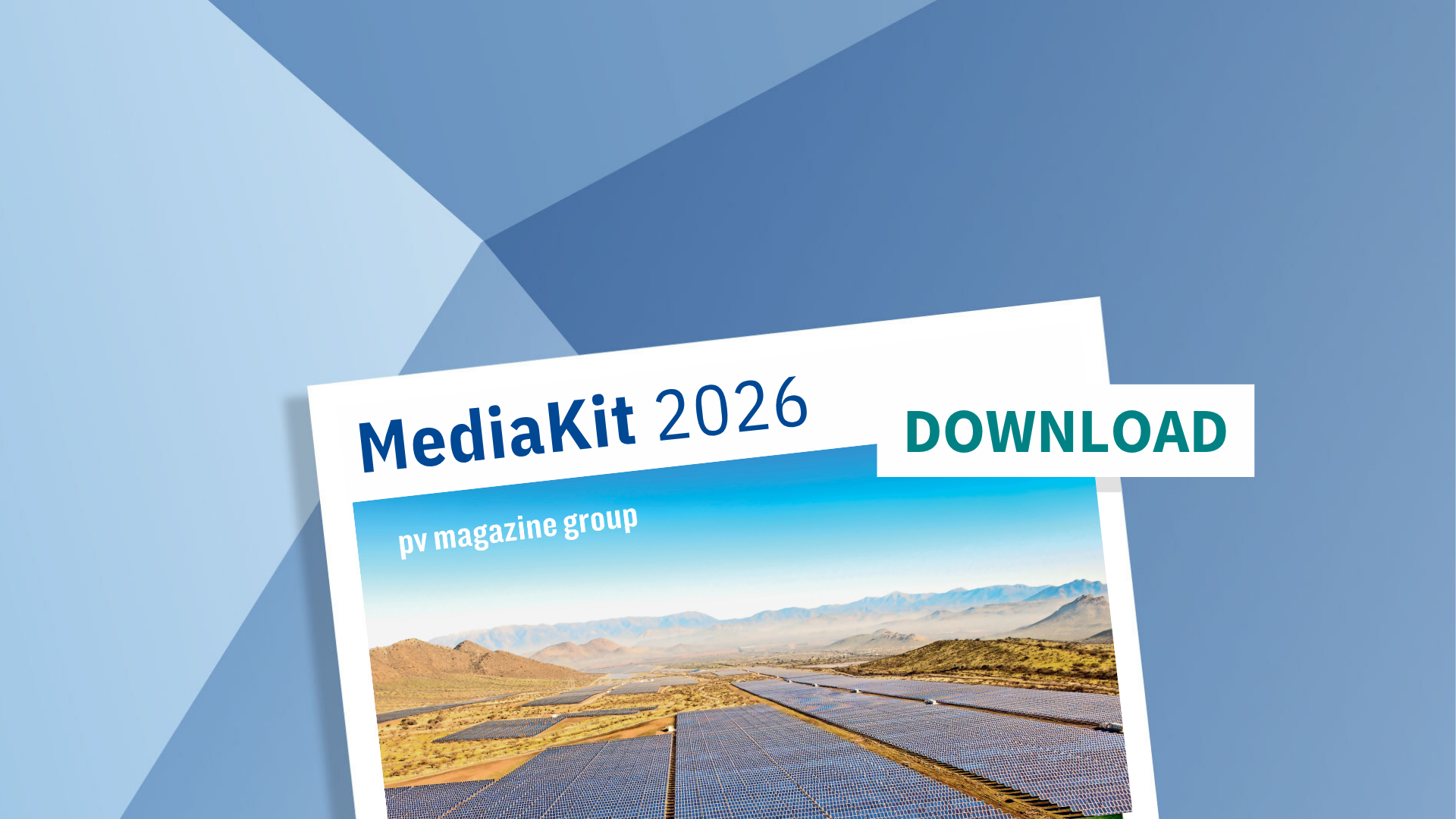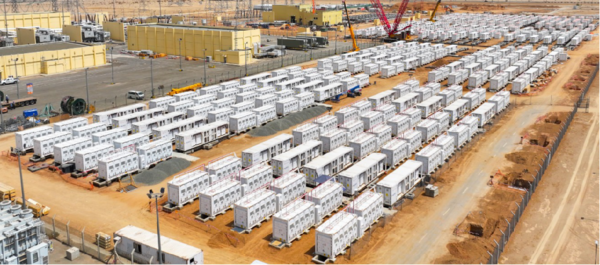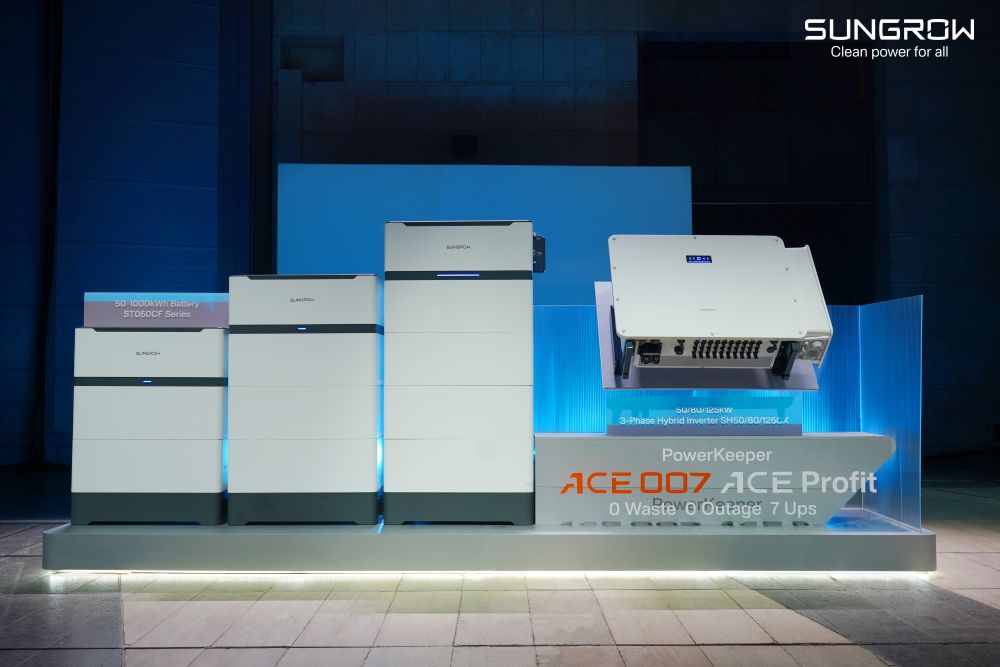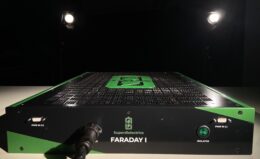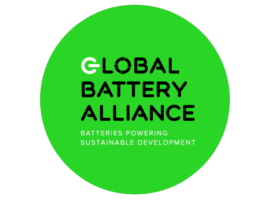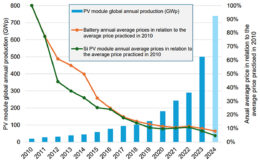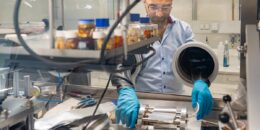Superdielectrics unveils Faraday 2 battery as a polymer-based alternative to Li-ion

UK-based Superdielectrics has launched the second-generation version of its polymer battery, the Faraday 2, aimed squarely at residential energy storage. The system is designed as a home-scale alternative to lithium-ion battery energy storage, offering what the company describes as a safer and more sustainable solution using water-based, contact-lens-derived polymers. These materials avoid the use of rare earth or critical metals, instead relying on non-toxic components intended to lower cost and reduce fire risk.
The Faraday 2 builds on the earlier Faraday 1 prototype, introduced last year, and continues the company’s development of aqueous, contact-lens-derived polymer membranes.
While technical specifications remain limited, Superdielectrics says another key benefit is that the Faraday 2 can fully charge in around 30 minutes and may exceed the lifecycle of existing battery chemistries. It is said to outperform lead-acid batteries in energy density and is targeting future parity or improvement over lithium-ion. However, no detailed figures on energy or power density, efficiency, or degradation have been released.
The system is pitched as a residential storage solution. Superdielectrics claims a fridge-sized unit could help households reduce electricity bills by up to 85 percent, though that figure remains an estimate based on internal modelling. The company has not disclosed pricing or availability timelines, and says the Faraday 2 is still technically a demonstrator.
The launch follows an announcedment of a collaboration with energy provider E.ON, aimed at accelerating product development and deployment. E.ON is expected to assist in refining the product based on customer usage data and may support future home trials.
According to Superdielectrics, roughly half of the battery’s composition is water, eliminating the risk of thermal runaway. The materials are also said to be easily recyclable. As the battery industry contends with raw material shortages and growing safety concerns, the company is positioning its approach as a potential route to cost-effective, scalable residential storage without dependence on lithium, nickel, or cobalt and other rare earths.
Jim Heathcote, CEO of Superdielectrics, said, “The launch of Faraday 2 is a major step towards a low cost and clean energy future, as well as a key milestone for us as we work towards a commercial product. As the world shifts towards renewable energy, storage is the technological bottleneck. Our technology is low cost, safe and recyclable, helping the world in the global transition to sustainable energy.”
The continuing development of the Faraday 2 remains a positive sign and there is hope within the company that the produce could scale at least to providing commercial use, such as a universial power supply or UPS, and for data centers potentially.
For now, the next stage for the Faraday 2 appears to be scaled prototype deployment, likely in controlled residential trials, though no specific timeline for commercial availability has been disclosed. Further, the industry will be looking for independently verified performance metrics such as round-trip efficiency, cycle life under varying load conditions, and volumetric and gravimetric energy densities.

